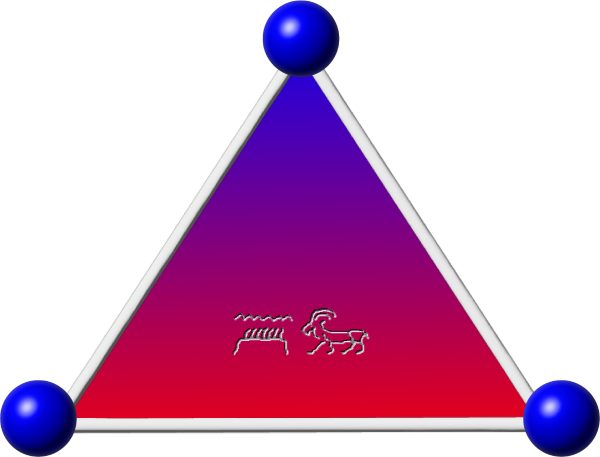Starting November 4, 2022, I am conducting a series of interviews with authors (largely, but not exclusively) from Energion Publications, my company), pastors, theologians and some others regarding theodicy. I will provide a list of the questions below. This is a complete copy of the document sent to each participant.
As the series begins, I have completed an interview with Dr. Robert LaRochelle, and have scheduled interviews with Dr. Bruce Epperly and Dr. Allan Bevere. I have commitments for interviews with Rev. Steve Kindle and with Pat Badstibner, president of World Prayr. Rev. Kindle will, in turn, interview me with the same questions. I will be scheduling several more interviews at least on this important topic.
Interview Introduction and Questions
Interview Series on Theodicy
In philosophy of religion class my professor said that in order to solve the problem of evil, or reconcile the irreconcilable triad, I would have to weaken one of the pillars, God is good, evil exists, or God is omnipotent. In the end, I personally believe I’ve weakened all three! Note that I’m going to have someone else interview me with the same set of questions.
I’m creating a list of questions that I want to ask people with a variety of perspectives, with the videos to be linked from a common page and made into a playlist on YouTube so that people can compare views.
While I will ask the same set of questions, I want to make it clear that it is fine to challenge the question, for example, to say it might be better to ask x rather than what is specified or to question any implicit assumptions. I will make the audience aware of this freedom.
Questions:
In your view, is it correct to say that God is good, evil exists, and God is omnipotent? In other words, is the classical statement of the problem valid? Are these all to be taken as propositions rather than, for example, expressions of worship?
Is God responsible for evil?
Is evil temporary or localized, or is it a necessary result of any finite creatures in a finite reality?
If God is not responsible for evil, from what did evil come?
If God is responsible for evil, how can I love or trust God?
Is God omnipotent?
If God is omnipotent, why can God not fix the problem instantly? If God is not omnipotent, is it proper to call God “God” at all?
How do your answers to these questions fit with the overall thrust of the biblical story? How does this relate to violent or otherwise difficult events and actions in scripture?
Questions from crowdsourcing:
As a faith community, how do we redeem evil?
What’s your exegesis of Isaiah 14:7, in the context of the entire chapter?
Is evil really an unsolvable problem or is it a good force to improve us to be our best?
How do you read Isaiah 45:7?
Final, dangerous, open-ended question
Briefly, how does your view of the problem of evil connect to your soteriology?


